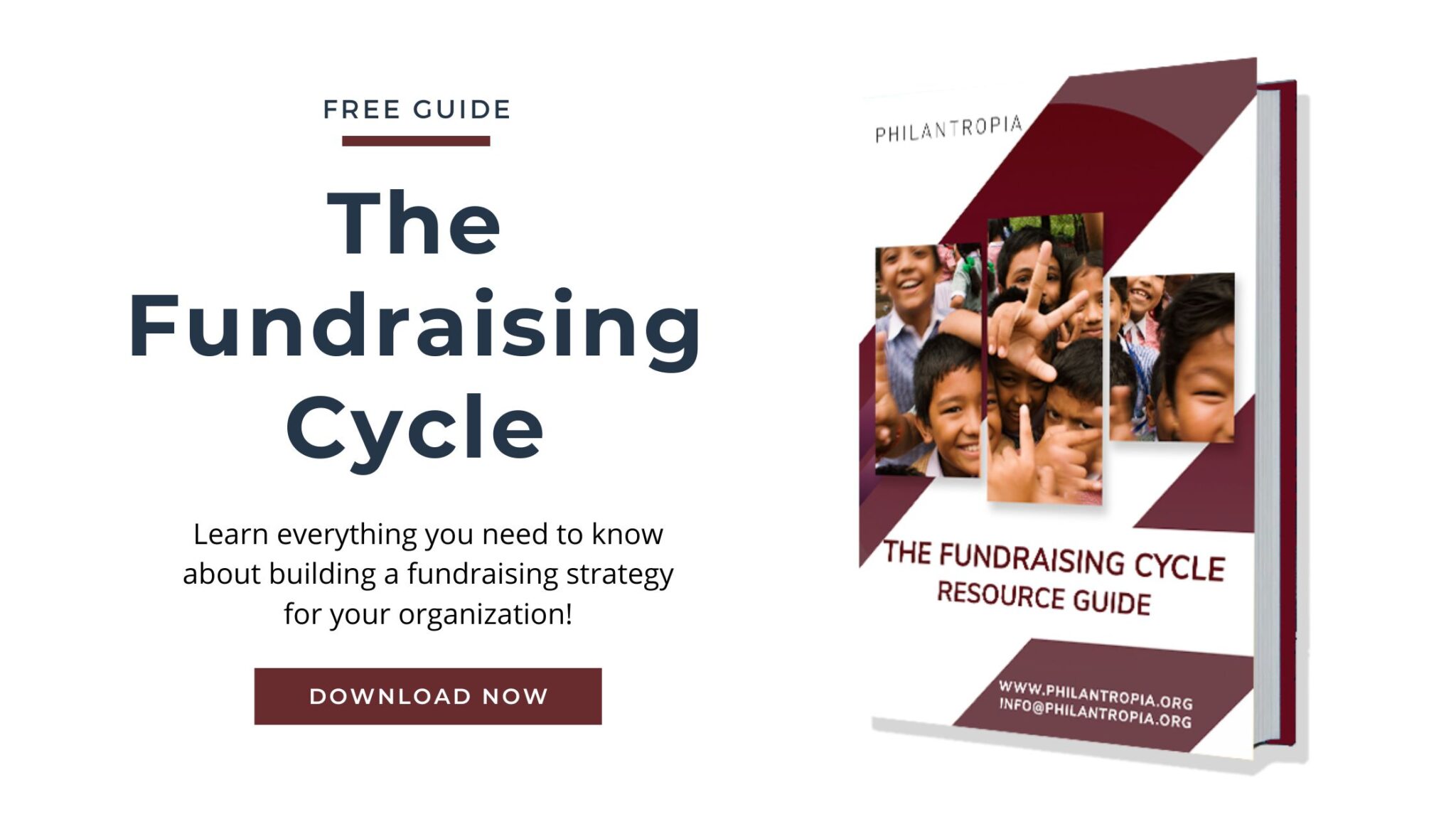Many busy NGOs have little time to do research for proposals. Some even skip researching altogether! However, good research is as important as good writing in proposals. But research on what? Here is what you should research to start your next proposal off in a winning direction.
Beneficiaries
Beneficiaries are the people you propose to serve. In order to work for them, you have to understand them. This research is usually part of the baseline study and may include conducting interviews, living in the community as a local, hiring local staff, including local representatives in project meetings, reviewing reports and census data, etc. Even if you are part of a grassroots organization and a local yourself, it is still important to look for additional input. Your experience may not be completely representative, and others will likely have useful ideas. This will greatly help the project planning process, and also prove your level of expertise to the donor. Donors may expect you to be an expert on all things related to the project beneficiaries.
Donors
As in every form of writing, it is always important to know your audience. For proposals, the audience is always a donor or potential donor. So it is very important to include donors as part of your research for proposals. Unfortunately, some private donors are purposely secretive, while other ‘transparent’ public donors publish so much information it takes days to find and review. There are many donors out there who try to be transparent and open to NGOs, but even they can be difficult to find an approach. Because of this, there are many services offering donor research expertise – at a price. While frustrating and costly, there are effective and free means of finding donors.
Other NGOs
Knowing what other NGOs are up to can be incredibly helpful. What types of projects are they running? How are they positioning themselves? What marketing techniques are they using? While this information may not seem directly related to research for proposals, it does give you plenty of long-term advantages. Keeping track of what other NGOs are doing – particularly those working in the same area as you – can help you plan better projects, get invited to upcoming events, find who is funding your area, and even make future partners and colleagues.
Professional trends, experts, and events
Once you have researched all there is to know about the area where you work, the challenge is now to stay relevant. Keep tabs on field experts, important organizations, meetings, and conferences. Make calendars, Google Alerts, whatever it takes. Also, remember to keep your information organized – if you forget where your source information came from, or you missed an important new report with more up-to-date information, you may have to start your research process all over again. Don’t make this mistake! Make a little time for yourself every day to read the news, check your alerts, etc. to keep up to date in your field.
Your own organization
What donors have your organization researched in the past? Does anyone in your organization’s network have connections with donors? Who has supported your organization in the past 5 years? Where are all past submitted funding applications? NGOs are made up of people, and those people are not always on the same page. Large INGOs often struggle with this, but even smaller NGOs can face organizational challenges. High turnover, lack of internal administration, heavy reliance on short-term volunteers, or just bad memory can factor into forgetting or loosing past fundraising efforts. Keep track of your work, and check your organization’s institutional memory so that you are not starting from scratch every time you start a new round of fundraising.
Yourself
This one may seem overly simple, but it is important to think about how your own experiences can help in proposal writing. Maybe that proposal you wrote three years ago can still be relevant to a new project. Or a previous work colleague is now working for a donor agency. Maybe you can re-write your CV to highlight more relevant professional skills for a specific application. You are also an important part of the project and proposal, so do not forget it!





What methodology to use in research?
Hello,
A good research methodology is not one-size-fits-all. Your research methodology should be tailored to fit each individual research project. You should design a research methodology to best address your project, keeping in mind what types of information-gathering tools are most feasible and accurate.
Good luck!